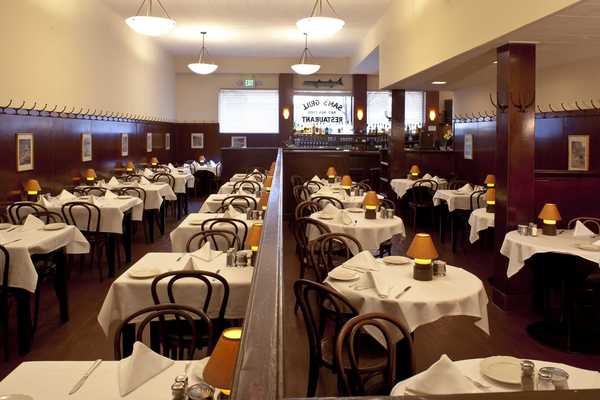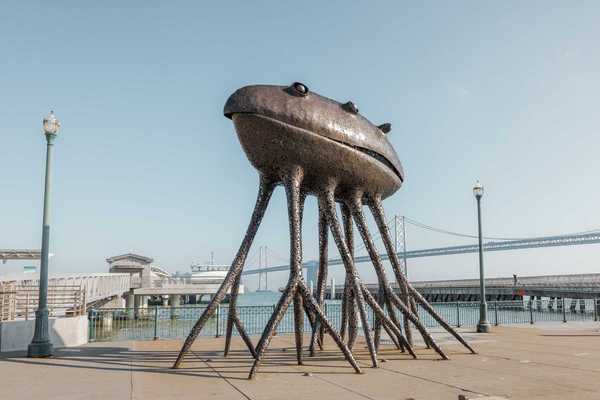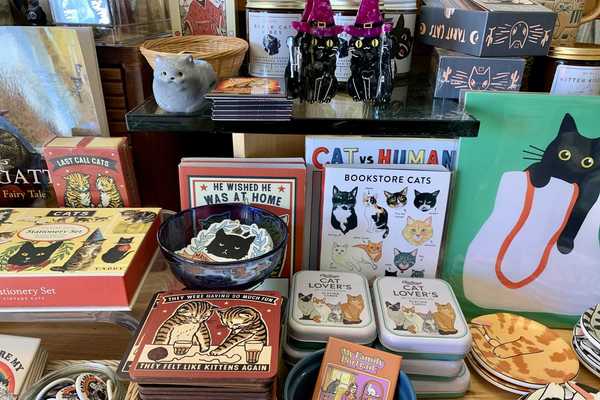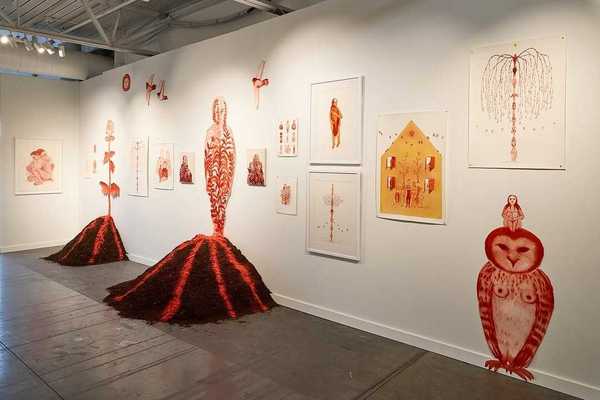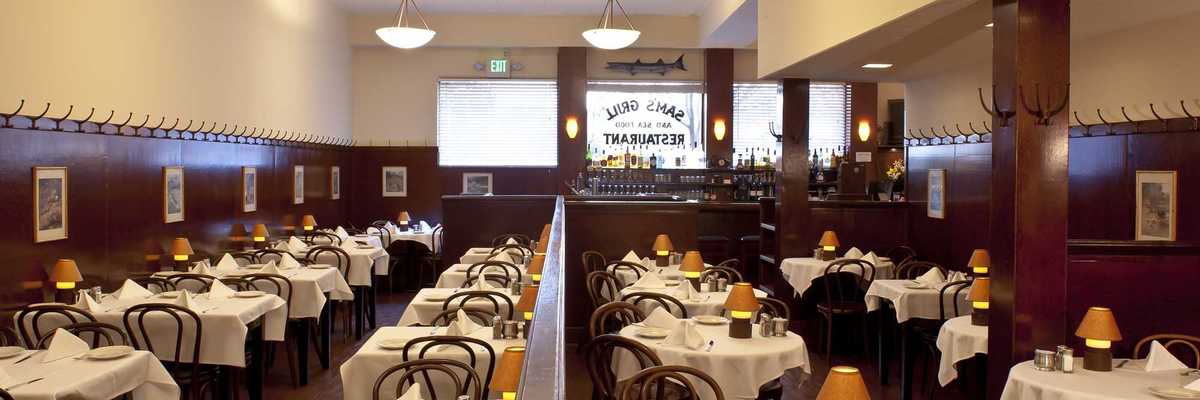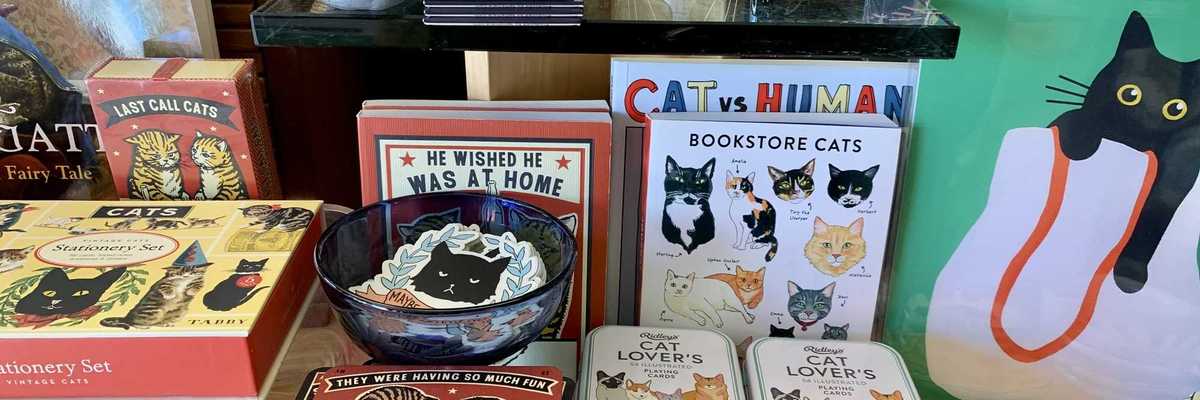The Booze News is a roundup of pertinent or otherwise interesting drink-related stories from the media. I try to do it once a week.
- Slate's Mike Steinberger tackles the much-publicized libel suit filed by 82-year-old British wine legend Michael Broadbent against Random House over the book The Billionaire's Vinegar. When he was head of Christie's Wine Auction business in the 1980s Broadbent proudly auctioned off the most expensive wine ever sold at auction. The bottle, a 1787 Lafite said to be from the collection of Thomas Jefferson, Broadbent assured, after careful inspection and tasting, was authentic. Now it is almost assuredly proven to be a fake, and Broadbent feels humiliated and wronged by his depiction in the book. Steinberger observes: "Broadbent contends that he was falsely depicted in the book as being complicit in a crime. But his suit makes no claims one way or another regarding the authenticity of the wines that he sold, which can be taken as an acknowledgment that the evidence is not in his favor. Broadbent can't undo the fact that he was at the center of what now appears to have been the greatest wine hoax ever perpetrated. By pursuing legal redress, he is simply making it harder for a more considered judgment of his actions to emerge." I've tasted lots of old wine, though none from the 18th century, and upon first reading the accounts of Broadbent and the Jefferson bottles, found it difficult to believe he could so confidently confirm the authenticity of the wine based on tasting. I've seen lots of marvelous feats of tasting, some involving very old wines, but it's true that while old red wines often gain in deliciousness over time, many of them also decline in distinctiveness. It seems arrogant that Broadbent was so confident in his palate over a 200-year-old bottle. That said, Broadbent (whose son, Bartholomew, lived in San Francisco for years before moving in 2008 to Virginia) is a wonderful man, and I'm sorry that his career is closing with this unsavory dispute.
- The Chron's Stacy Finz on food-industry big wigs with eating disorders, such as Frank Bruni and his confessed bulimia. I'll add this: Many, many sommeliers and bartenders need to pay attention to these kinds of stories and reflect upon their own relationship to alcohol. I'm not saying it has to be cold turkey, but Bruni's tale of how he mastered his impulses while holding down the biggest eating job in the country is inspiring.
- John Bonné in the Chron sets the record straight on oysters and the "R Months." This is good news for wine drinkers, as little is more refreshing in the summer than a cold, fresh oyster and a glass of bracing white wine like Chablis. Funny enough, the months oysters tend to be off-limits in NoCal tend to be R months like January and February, when runoff from the Marin hills affects the oyster beds in Tomales Bay.
- SF's W. Blake Grey in the LA Times on the controversial "easy-to-drink" descriptor and wine. Some say "easy to drink" is an insult to serious wine that should have some bite and teeth. On the other hand, some say it's an essential quality in a good wine. I say: ETD is often irrelevant to the quality of a wine. While it's nice when concentrated, complex wines are also smooth and easy to quaff, lots of vapid wines are better off gulped than sipped. ETD can swing both ways.




